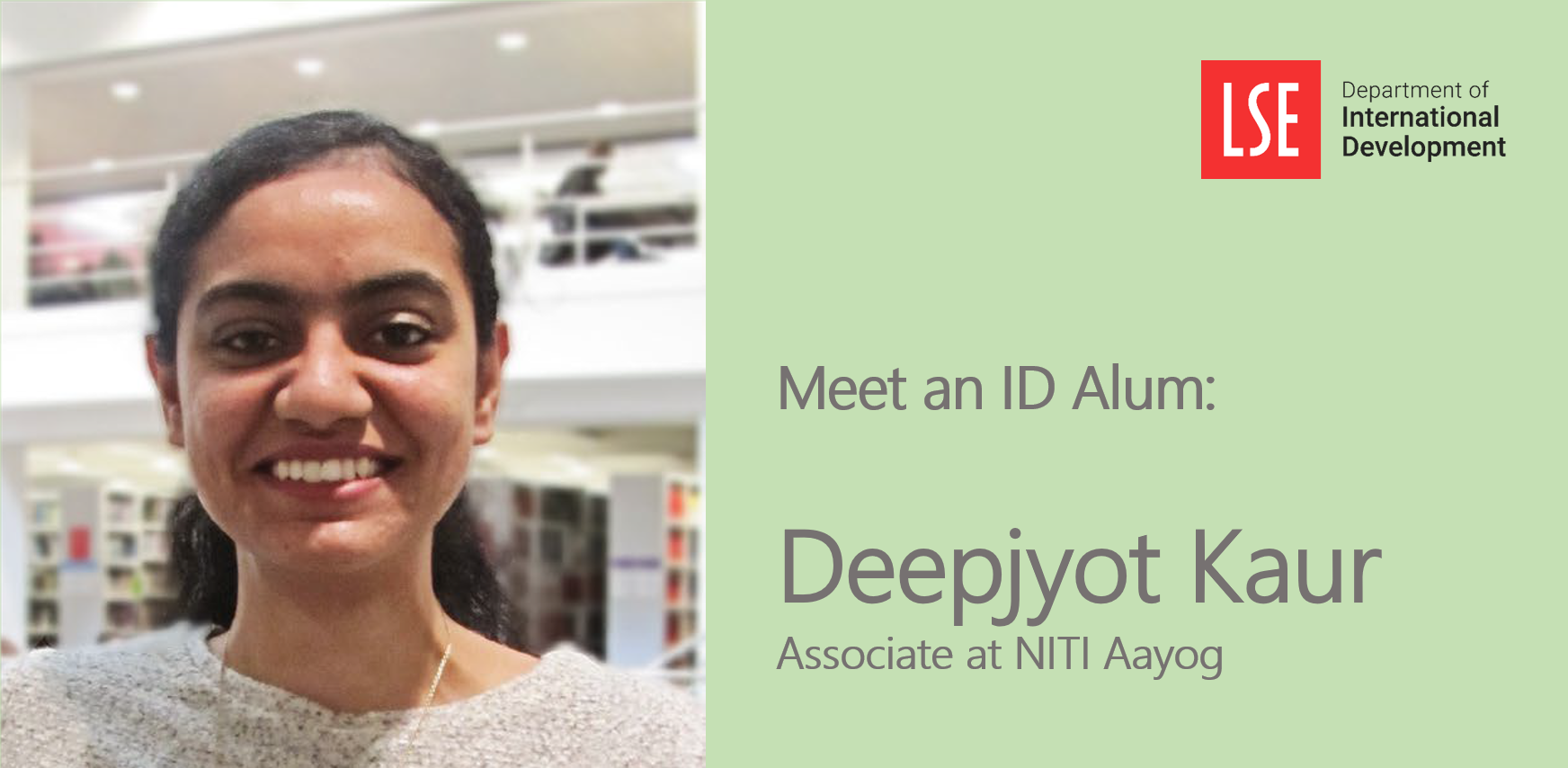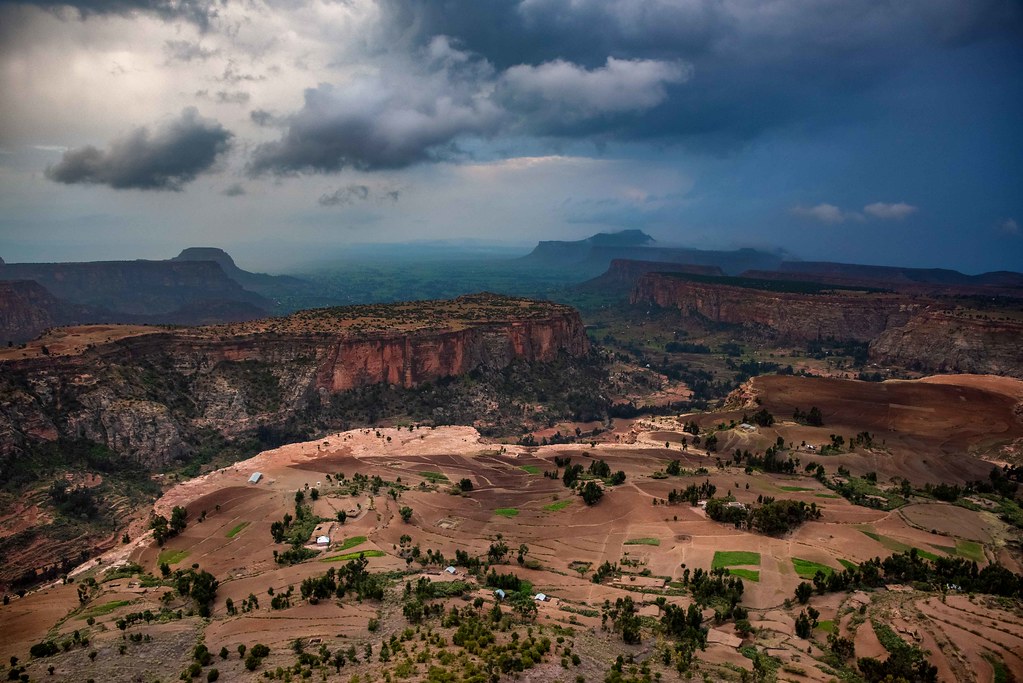As Ian Madison puts the finishing touches on Refugee Realities, a series of student-produced podcasts about displacement and asylum, he considers how it offers his students and himself a space for personal reflection and connection to the broader debates and critiques covered in class. This post was originally published on the LSE Higher Education blog.
Hearing oneself speak can be an awkward experience. All the ‘ums’ and ‘ahs’ that somehow fly in under the radar. A poorly enunciated or mispronounced word; the run-on sentence that leaves you gasping for breath. Mercifully, modern technology means most of these can be edited out—at least in a recording. That’s just what I’ve been doing over the past few days as I put the finishing touches on a batch of fantastic student-recorded podcasts.
Monday, the 14th marked the beginning of Refugee Week—a UK-wide festival celebrating the creativity and resilience of refugees and people seeking sanctuary around the world. To mark the occasion, a group of students on the Forced Migration and Refugees course from the LSE Department of International Development reached out to a range of individuals to discuss a variety of topics related to displacement and asylum.
Some opted for a birds-eye view on the pressing challenges facing the refugee system, from how to collect accurate data on human movement to the implications of climate change for the UN Refugee Agency. Others spoke to former refugees themselves, not only about the experience of asylum, but also of the strength and agency of refugees and refugee-led initiatives, as well as some of the organisations out there trying to make a difference. Refugee policy came under particular scrutiny—from high-level agendas at the United Nations and the UK’s controversial `New Plan for Immigration’ all the way down to the daily municipal challenges of managing displaced people in the Somali capital, Mogadishu. Many podcasts build on knowledge gained from the course. All of them add something unique.
Funny to think that such an active project grew out of an ostensibly passive activity: watching films.
Anyone at LSE—staff or student—is aware of how challenging the past year has been. Handshakes and hugs feel like a distant memory; masks, breadmaking, and Zoom are now an undeniable part of our lives. The pandemic has touched many of us in different ways. Yet one of the common challenges has been to tackle the potential feeling of isolation and disconnection for students who may graduate without having set foot on campus, let alone shared a coffee with classmates.
This was the inspiration for Forced Migration and Refugees Film Club: to create a virtual space where students could get together, watch some of the recently-made documentaries and films that speak to the course, and talk about them. This wasn’t meant to be another seminar. Of course, students easily linked the films into the broader debates and critiques we’d covered in class. But it was also a space for personal reflection and connection. Displacement is an unequivocally emotional, often tragic, issue. Academic articles can only scratch the surface. Indeed, student feedback emphasised the importance in how the films helped shift one’s perspective: this wasn’t just about refugees; it was often from and by refugees themselves.
student feedback emphasised the importance in how the films helped shift one’s perspective: this wasn’t just about refugees; it was often from and by refugees themselves
The Film Club revealed an appetite among students to engage in the course topic in ways that went beyond the traditional lecture-seminar format. This is where the idea for the podcast project was born. With significant support and inspiration from the Eden Centre, I pitched the idea to students. We expected a modest response—after all, this was meant to be almost entirely run by students themselves. They had to reach out to potential interviewees, draft a list of questions and justify why they’d chosen them, and—not least—to master the intricacies of Audacity, an audio-editing software package.
The response took us off guard. 20 students expressed interest. Even more turned up to our ‘Podcasting 101’ session for a crash course run by the Eden Centre on how to plan, organise, and successfully execute a podcast project. Then exam season kicked off. Again, our expectations of how many students would be willing to schedule, carry out, and edit an interview in the midst of take-home assessments were modest. Again, we were surprised: 12 podcasts were completed, either by individual students or in pairs.
The result is a serious contribution to both the course and to student skillsets. As qualitative researchers can attest, conducting an interview is a demanding experience. One must consider questions of ethics, consent, and the inherent power dynamics; be able to elicit meaningful responses from officials and, if necessary, push back on attempts to elide the issue; and above all, demonstrate a deep understanding of the topic at hand. Taking the raw interview and turning it into a polished final product also requires a mastery of editing software, an eye for detail, and journalistic skills. For the course, it provides a new perspective on our curriculum that can be accessible to next year’s cohort: how did this person speak about the issue? What did they emphasise? What did they avoid?
recognising them as co-creators and co-producers of knowledge—the idea of `students as producers’ in other words—has enabled further ways to connect in what could otherwise have been a disconnected year
Personally, the experience of both Film Club and the podcast project was as rewarding as it was instructive. I learned a lot both from student reflections on the films we watched and from the podcasts they produced. More broadly, the experience of diversifying the ways students engage with their learning and recognising them as co-creators and co-producers of knowledge—the idea of `students as producers’ in other words—has enabled further ways to connect in what could otherwise have been a disconnected year.
Listen to the first two podcasts that were released yesterday and stay tuned for more episodes which will be shared each day this week.
The views expressed in this post are those of the author and in no way reflect those of the International Development LSE blog or the London School of Economics and Political Science.





